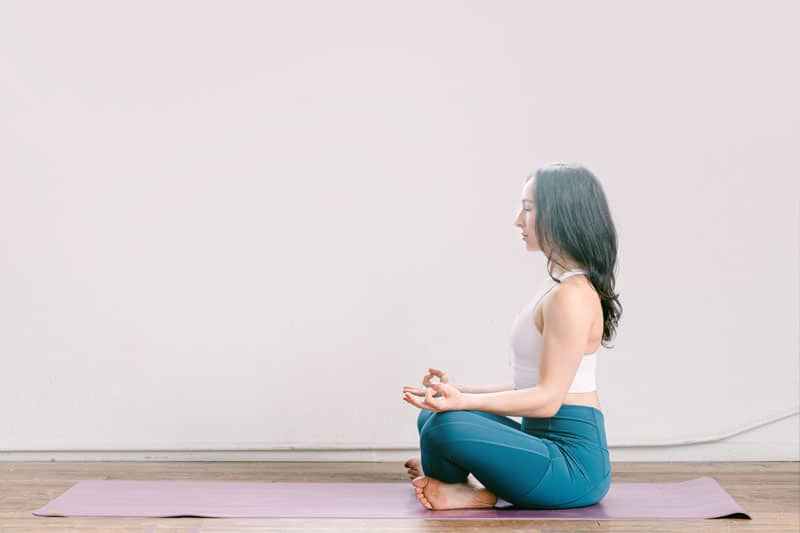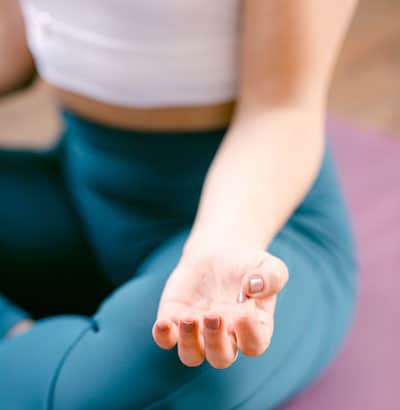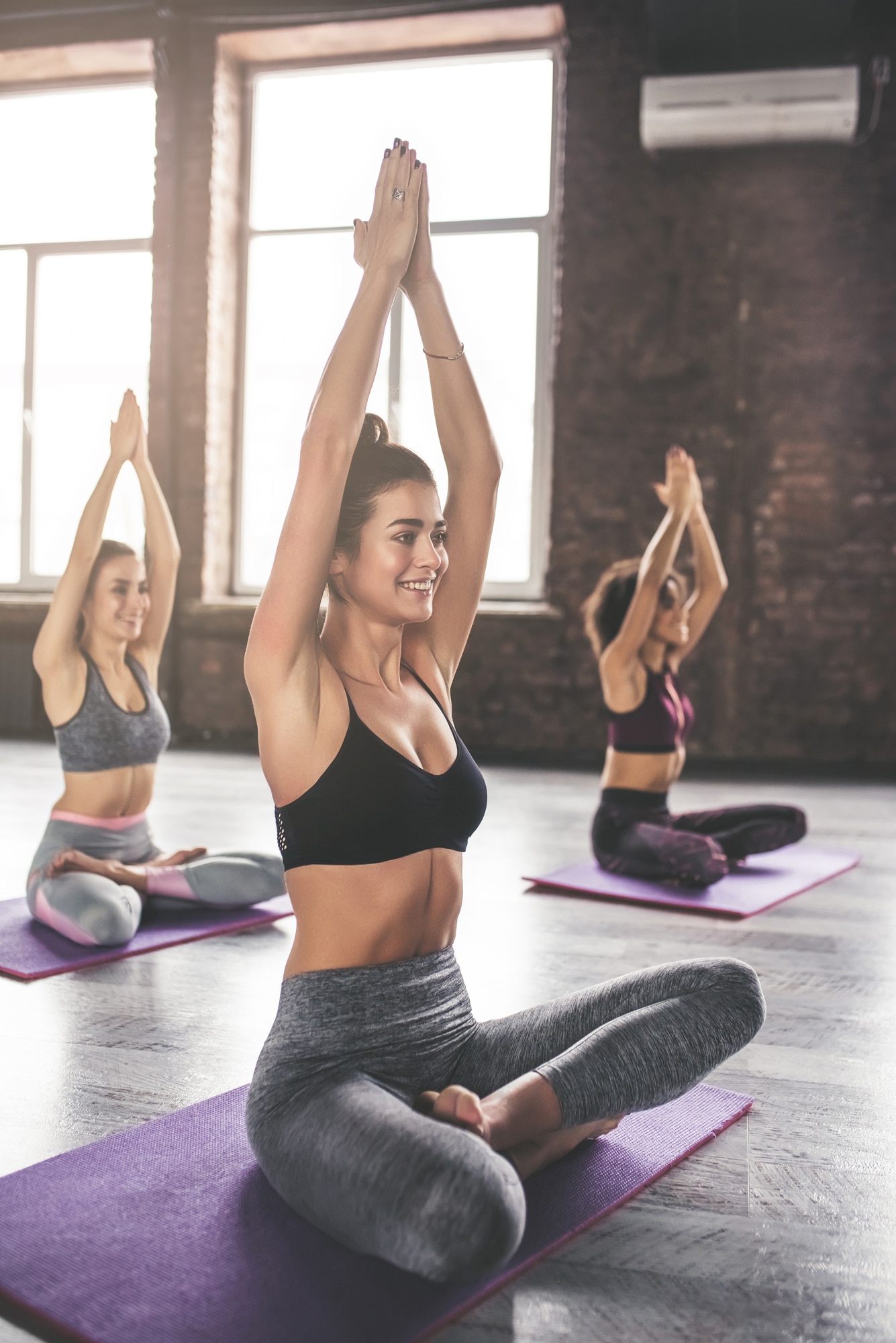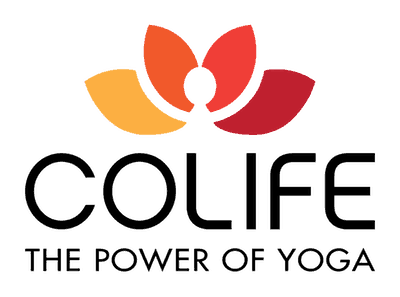Hatha yoga
Practiced regularly, hatha yoga contributes profoundly to your well-being. It has a major impact on physical health and psychological well-being.

A specific protocol successfully reversed heart disease, Dr. Dean Ornish
Definition of hatha yoga
Hatha Yoga is yoga as we understand it in the West. Multi-millennial science, this yoga invites us to get out of physical and mental suffering, thanks to transcendence.
It is by overcoming the “duality” of the world that we find our true “self” and thus inner peace. Hatha yoga is also called “yoga of opposites”, “union of opposites” or “yoga of strength”. The Sanskrit term “Hatha” refers to the word “perseverance or stubbornness” and can also be broken down into “ha” sun and “tha” moon.
The practice of yoga is based on a system called “ashtanga” (eight steps). It begins with philosophy (Yamas, Niyamas), to move on to postures (asanas). Hatha yoga therefore focuses mainly on this third step, even if it also includes the following five (pranayama, pratyahara, dharana, dhyana, samadhi).
Whatever the physical difficulty, yoga always aims at the “automatic stopping of the mind” (yogash citta vritti nirodha) and tends towards meditation. In Hatha Yoga, however, the goal remains the integration of opposites (positive negative, good bad, hot cold, sad happy etc.).
Concretely, the practice of hatha yoga involves: physical exercise, breathing, meditation, relaxation and general hygiene of life (diet, sleep, cleanliness, etc.).
A hatha yoga class often includes a good practice of the postures, with a moment of relaxation at the end. Depending on the duration, philosophy and other aspects are also covered (meditation, chanting mantras).


Benefits of
Hatha Yoga
By practicing hatha yoga you will gain access to:
- an improvement in your flexibility;
- more balance and body control;
- more strength and tone;
- mental calm and clarity;
- deeper, restorative sleep;
- better powers of concentration;
- the ability to relax on your own;
- a state of stable serenity;
- a stronger immune system;
- a more efficient vascular system;
- more harmony and coherence in your life;
There are still many other benefits, but to put it simply, know that hatha yoga contributes to better health in general. Its practice is therefore essential and should be considered as part of your lifestyle (idem brushing your teeth) and not as a “hobby”.

The practice is generally separated into three stages: breathing exercises, practice of postures (asanas) and relaxation.

Hatha Yoga exercices
Yoga postures can be more or less difficult, depending on your strength and flexibility. The advantage of hatha yoga is that there are always alternatives for people who need them. It is important to note that there is no “level” in yoga, which unfortunately is often confused with gymnastics.
As explained above, yoga aims at the transcendence of the mind. The mastery of the body and the ability to contort oneself are only tools, directions to achieve the objective. But they must in no way become an ideology, a “sporting” practice of performance and competition. Flexibility is also a “collateral consequence” of practice and not a goal in itself.

For who?
Since hatha yoga is very beneficial from all points of view, it is recommended for everyone. However, it can be particularly useful for people:
- tired, anxious and depressed;
- sedentary people wishing to start a physical activity;
- having little time to take care of themselves; stressed and burnt out; having a poor lifestyle (tobacco, alcohol, diet, sleep);
- athletes wishing for more flexibility and tone;
- do not like sports but need to exercise for health needs;
- with reduced mobility; wanting to improve their health naturally;
- patients seeking a gentle practice.
As such, hatha yoga should be taught in schools, from the earliest age! Its benefits are numerous, they contribute to a healthy development of the human being. The earlier you start, the better the results.
Also, an advantage of hatha yoga is that you can practice it whenever you want, wherever you want. Once initiated, you become autonomous in your practice. At the office, on vacation, at home, all you need is a mat and some time to relax!
It is of course recommended to take classes in person or even online from time to time, but it is not essential.
Special offer
3 trial classes for 15 CHF each
Find our prices here

